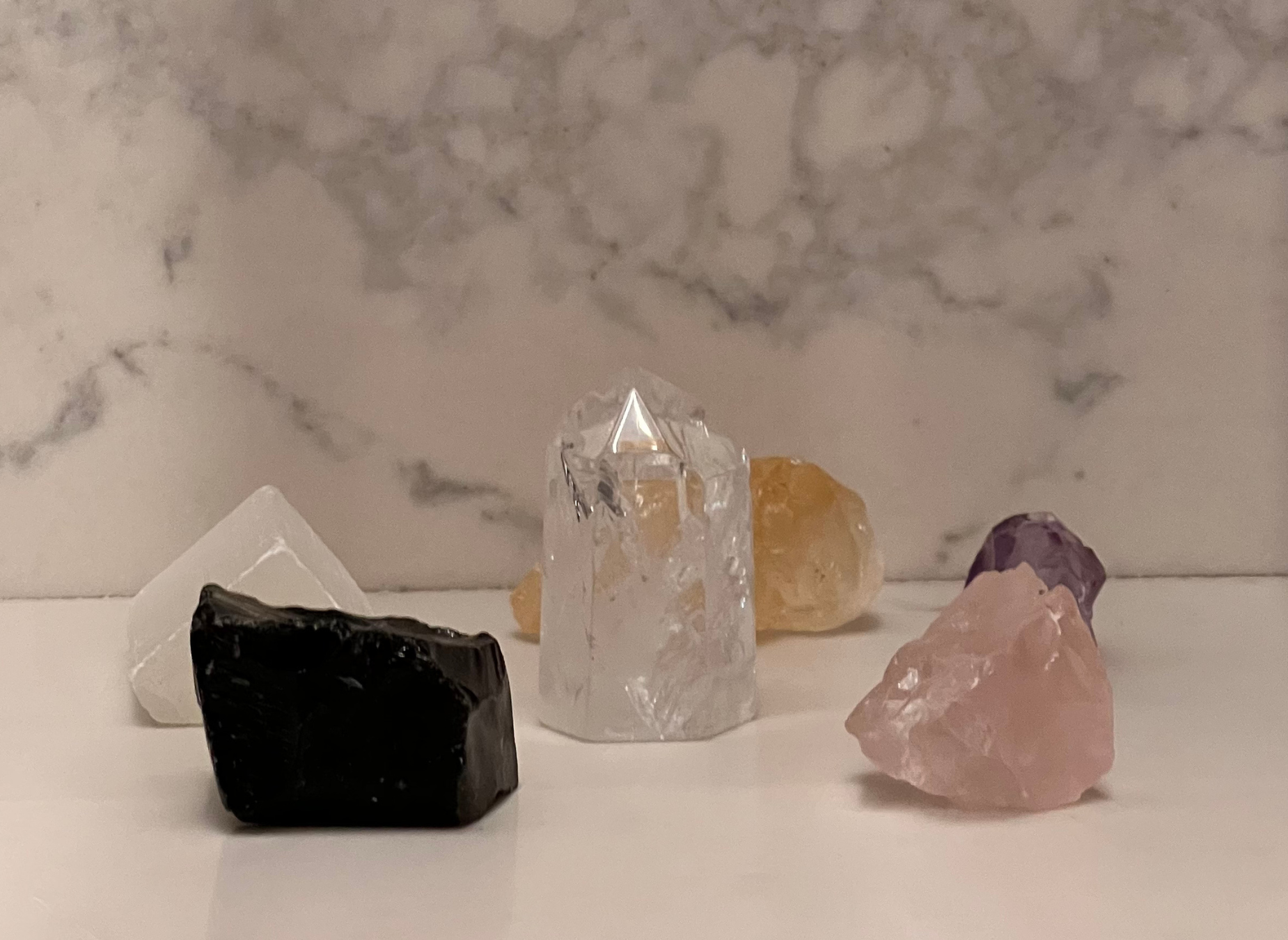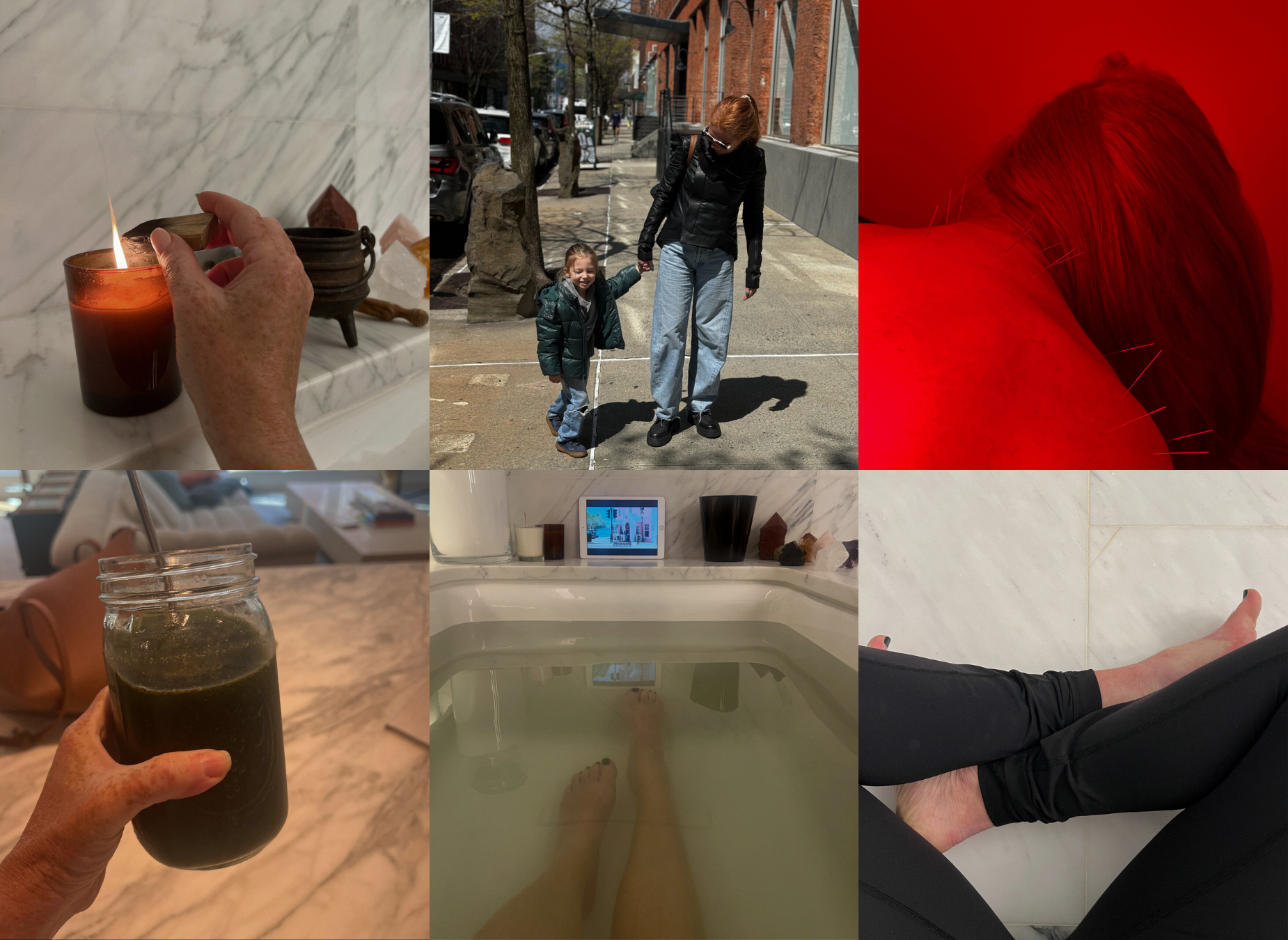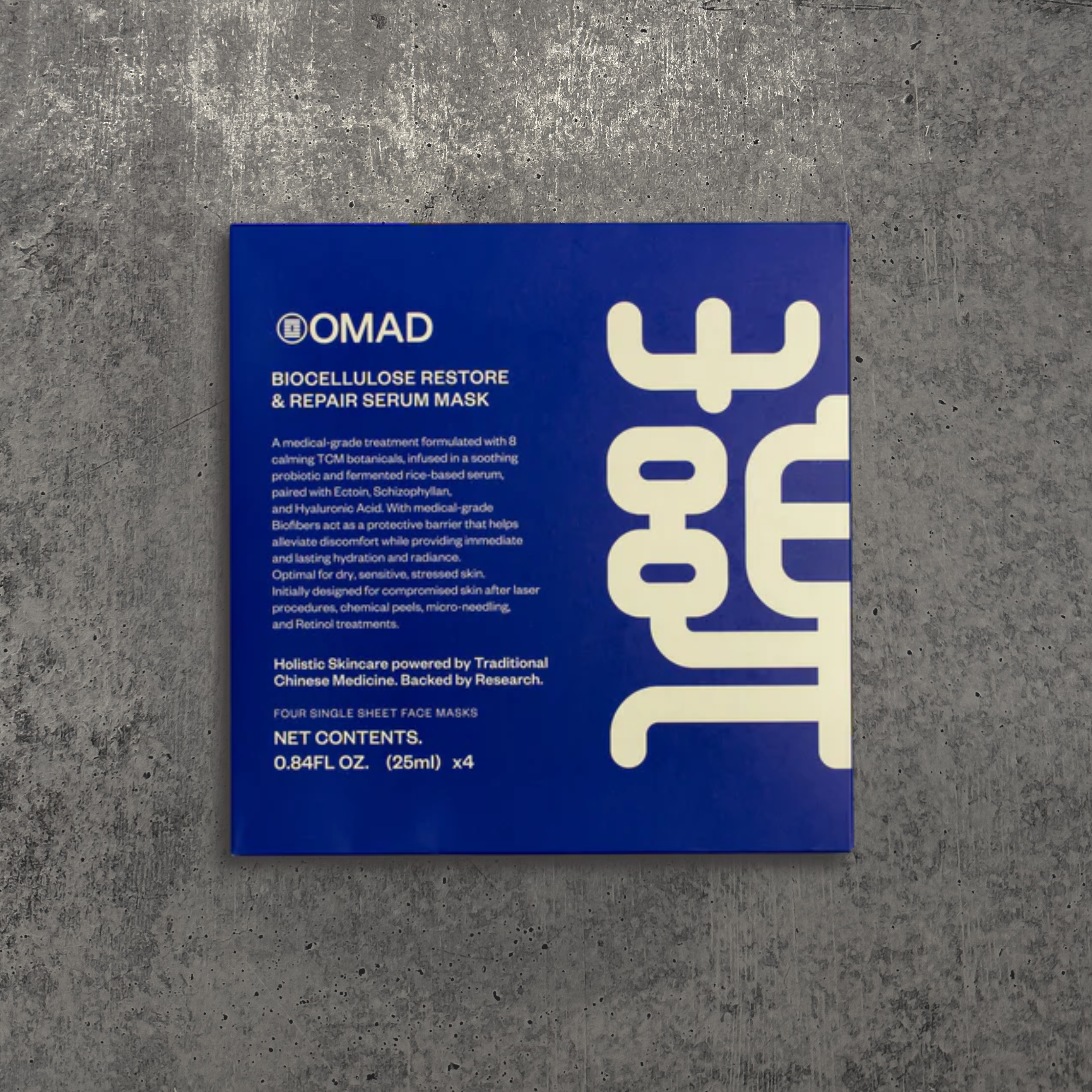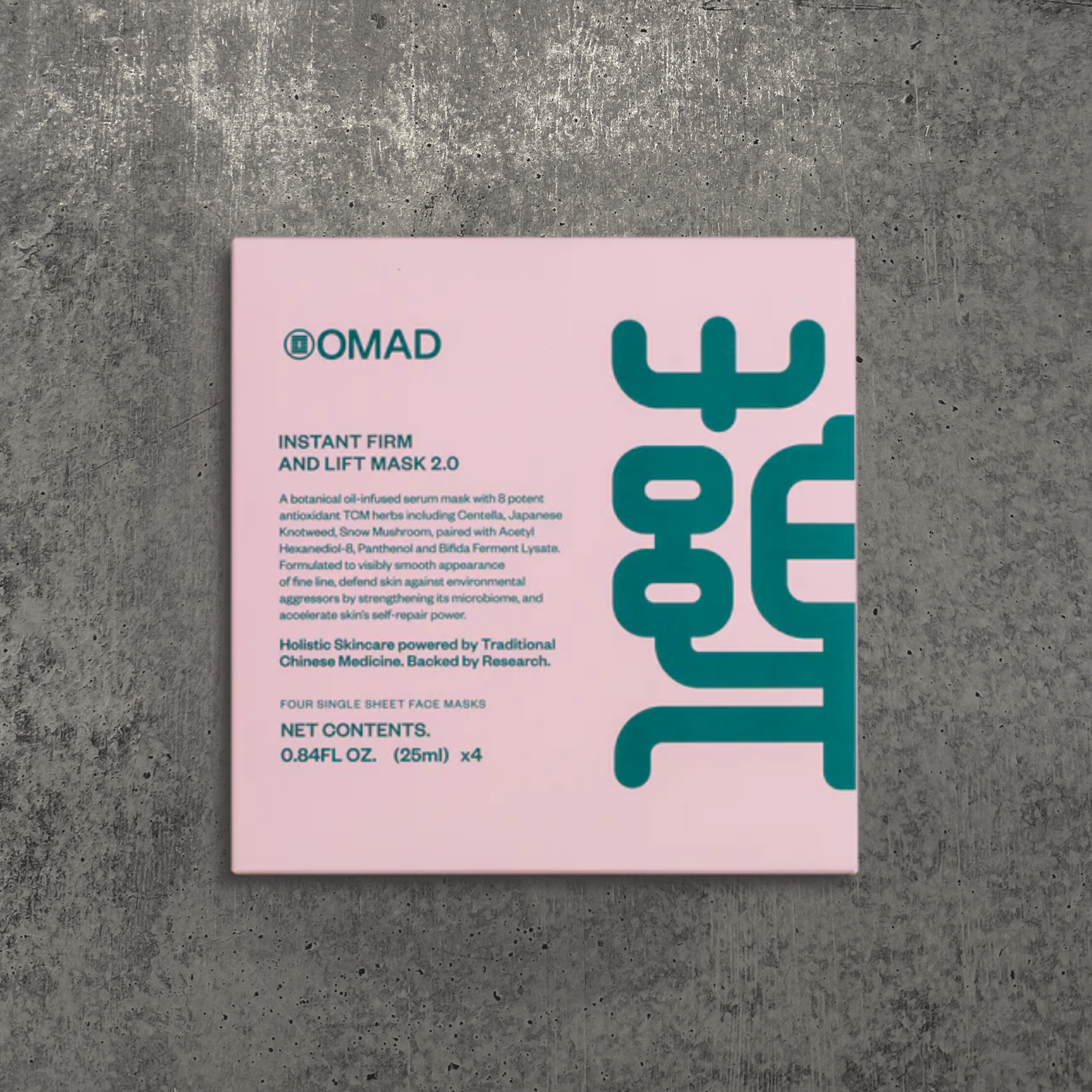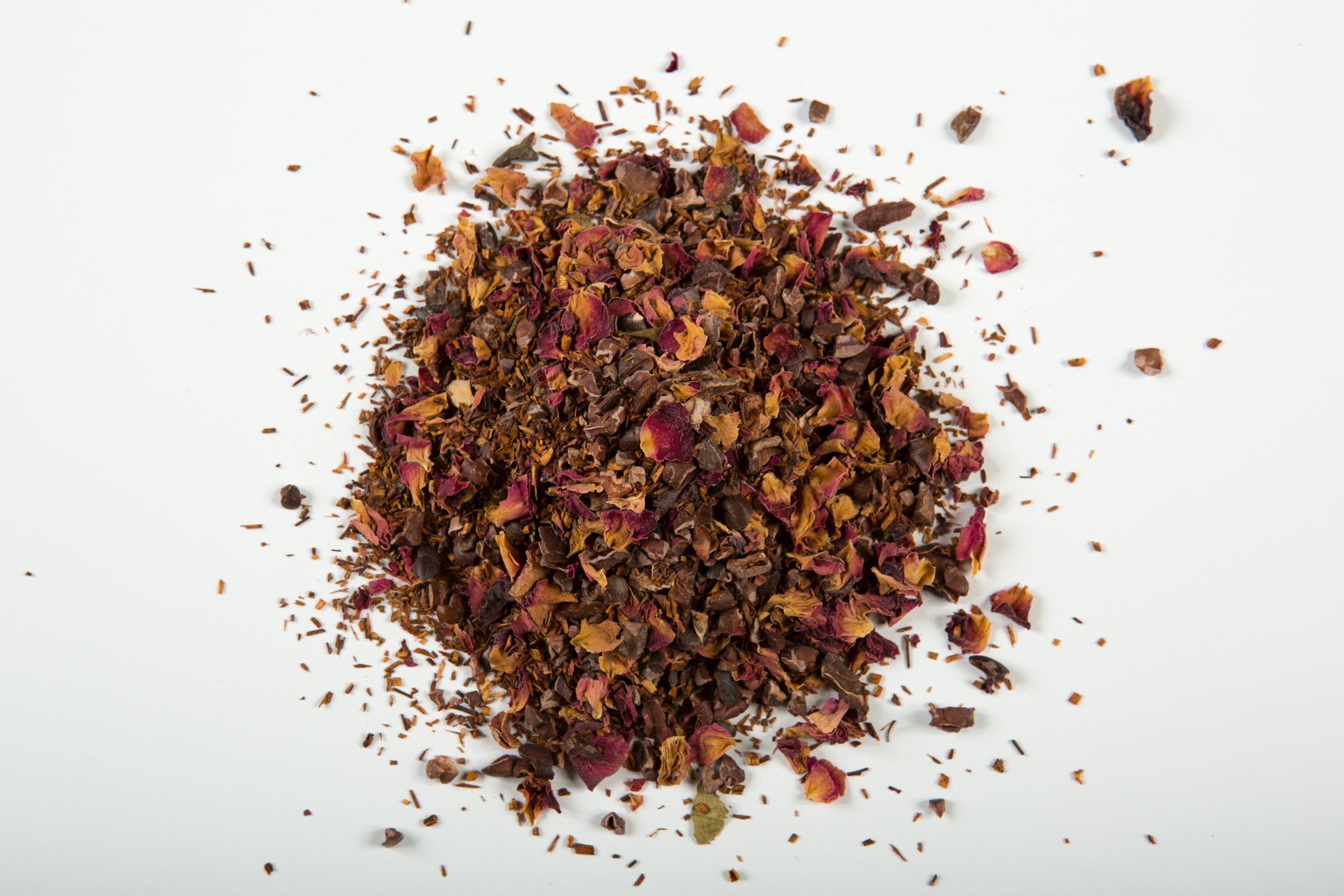As we move through the seasons and approach Daylight Savings, the rhythm of nature changes, and so do our bodies. While the transition may not be as intense as the chill of winter, the shift from summer to fall—and the gradual shortening of daylight—can still have a profound impact on our health. Daylight Savings can leave many of us feeling off balance, making it harder to sleep, focus, and maintain our routines. But there are ways to navigate this seasonal transition with grace and vitality.
Traditional Chinese Medicine (TCM) and the ORA Method—a unique blend of acupuncture, Red Light Therapy, and meditation—are powerful tools for helping you maintain balance as the days grow shorter. Whether you're experiencing fatigue, dry skin, joint discomfort, or seasonal mood swings, these ancient remedies and holistic treatments can guide you through the shift, ensuring that your body, mind, and spirit are in sync with the changing environment.
The Importance of Balance During Seasonal Changes
While the end of Daylight Savings signals a shift in our routine, it also marks a time to re-center and prepare for the cooler months ahead. TCM teaches us that each season is associated with specific organs and energies, and fall is linked to the lungs and large intestine. It's a time to focus on letting go, much like the leaves falling from the trees. This can be a time of reflection and rejuvenation, preparing us for the colder months.
The ORA Method emphasizes this holistic approach, offering acupuncture to stimulate the body’s natural energy flow, Red Light Therapy to boost mood and promote healing, and meditation to calm the mind and support emotional balance. As you adjust to the time change, incorporating these practices can help you feel grounded and refreshed.
Hydrate and Protect Your Skin
As temperatures drop and the air becomes drier, skin issues like dryness and itching often arise. You don’t have to wait until winter to start addressing these concerns—now is the perfect time to prepare your skin for the colder days ahead.
TCM emphasizes treating the body from the inside out, and herbs like Goji Berries (Gou Qi Zi) and Dang Gui (Chinese Angelica Root) are often recommended to nourish the skin, improve circulation, and reduce inflammation. These powerful herbs are incorporated into many of the remedies your ORA acupuncturist may recommend, tailored specifically to your needs.
ORA also has facial acupuncture which stimulates collagen production and boost circulation to keep your skin looking radiant, even as the seasons change.
Bolstering Immunity as the Days Get Shorter
With less daylight and cooler temperatures, it's common to experience a dip in energy and mood. Shorter days can also affect our immune systems, making us more susceptible to colds and respiratory issues. The ORA Method combines acupuncture, Red Light Therapy, and meditation to help support your immune system during this transition, reducing the likelihood of illness and helping you feel revitalized.
Acupuncture helps strengthen the immune system by stimulating key points that enhance the body’s natural defenses, while Red Light Therapy is a fantastic mood booster, helping to fight off seasonal blues. The soothing effects of meditation can bring a much-needed sense of calm, allowing you to adjust to the time shift with less stress.
Preventing Joint Pain as Temperatures Drop
Colder temperatures often mean more aches and pains, particularly in the joints. The ORA Method offers acupuncture for pain relief, targeting specific areas to improve circulation and reduce inflammation. Additionally, incorporating warm herbs like ginger and cinnamon into your daily routine can support better circulation and increase mobility.
Pairing acupuncture with Red Light Therapy can enhance the healing process, allowing you to recover faster and experience longer-lasting relief. Herbal compresses, gentle movement such as yoga or walking, and ORA’s teas, like Your Best Defense, are perfect for keeping your body warm and pain-free as the days grow cooler.
Incorporating the ORA Method into Your Routine
At ORA, we believe in a holistic approach to health, especially during times of seasonal transition. As Daylight Savings ends and the colder months approach, it's the ideal time to embrace the ORA Method. Acupuncture will help restore energy flow, Red Light Therapy will keep your mood elevated, and meditation will provide mental clarity and calm. You can also consult with your acupuncturist about personalized herbal recommendations to support your specific needs during this time.
Whether you're dealing with skin concerns, immune challenges, joint pain, or seasonal fatigue, the ORA Method offers a well-rounded approach to keeping you healthy, happy, and balanced.
Speak with your ORA acupuncturist during your next visit to discover how the ORA Method can help you thrive through this seasonal change and beyond.



